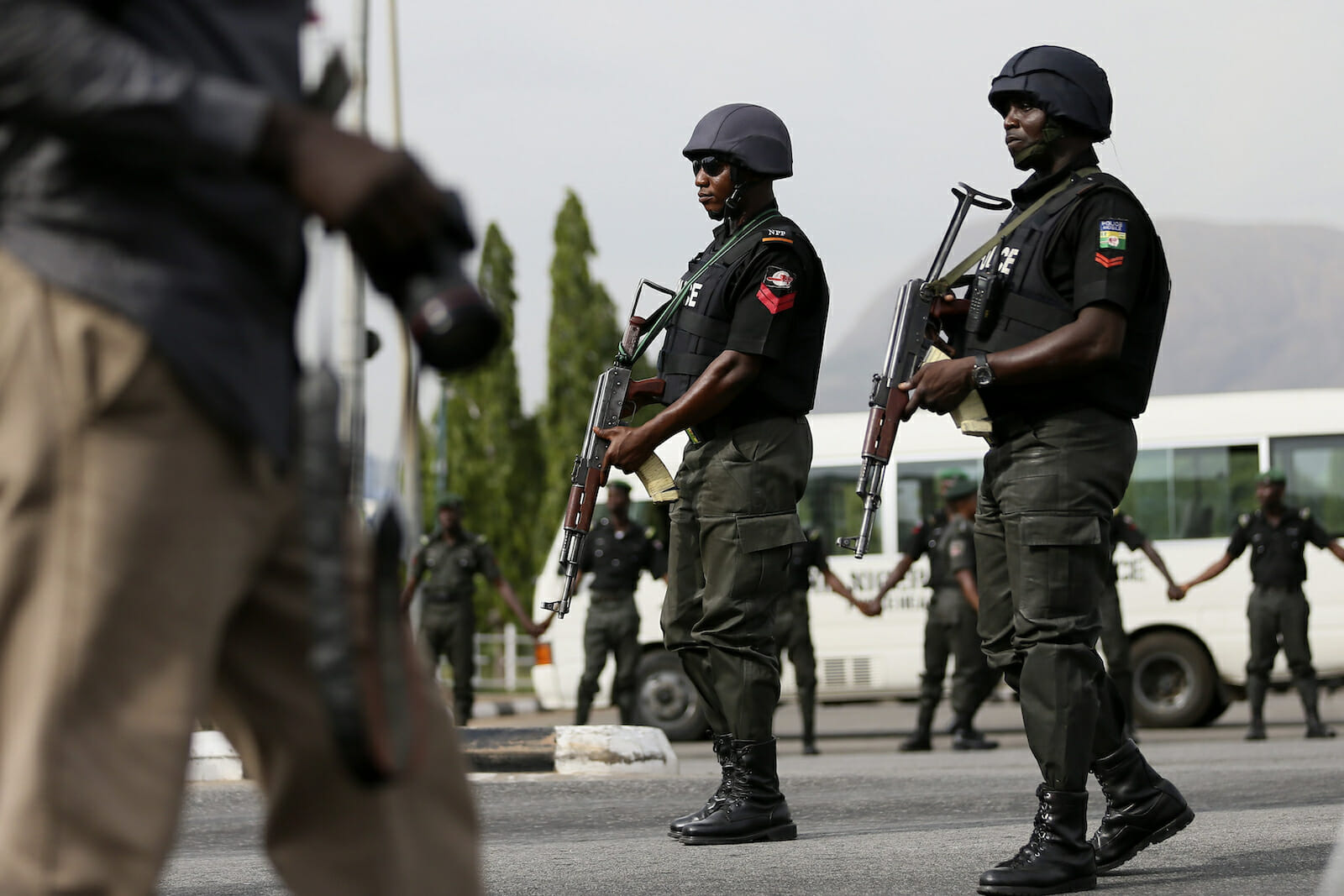
Amid Rising Cases of Brutality, Nigeria Dissolves SARS
Following increasing public dissatisfaction with systemic human rights violations perpetrated by officers of the Special Anti-Robbery Squad (SARS), the Nigerian Police Force has announced that it is dissolving SARS.
There has been sustained demands by Nigerians for the complete scrapping of the SARS department with the #EndSARS campaign on Twitter and other social media platforms.
SARS officers have become infamous for unlawful killings, brutality, rape, and all forms of wrongdoing. On October 3, a team of SARS officers allegedly killed a young man in front of a hotel in southern Nigeria. Newly trending footage showed them speeding off in the victim’s vehicle.
The act sparked the #EndSARS campaign and brought back sad memories of extrajudicial killings, wanton arrests, and other ill-treatment meted out by SARS officers.
Protest reawaken
The unlawful killing by SARS officers sparked protests by several Nigerians, including celebrities who have expressed their displeasure with the sustained culture of brutality and seeming disregard by the Buhari-led administration.
Musicians including Falz, Runtown, and Tiwa Savage, alongside other aggrieved Nigerian youths, took to the streets of Lagos demanding the total disbandment of SARS and advocating for reform of the Nigerian federal police. Similar protests were held across three other states in the country, including Imo, Kwara, and Edo.
Falz had written on Twitter: “Ready to enter streets. Been ready since. We have to move in numbers. They cannot kill everybody.”
Ready to enter streets. Been ready since. We have to move in numbers. They cannot kill everybody.
— Bop Daddy (@falzthebahdguy) October 4, 2020
In August 2018, Vice President Yemi Osinbajo, who was then the acting president, ordered that SARS be overhauled. Osinbajo said the unit that will emerge from the process must be intelligence-driven and restricted to the prevention and detection of armed robbery and kidnapping, and apprehension of offenders linked to the stated offenses.
In like manner, the Senate ad-hoc committee on national security was mandated to investigate activities of SARS in 2017. This followed a point of order of urgent national importance raised by Senator Isah Hamman Misau.
No enforcement of the Anti-Torture Act 2017
In December 2017, the Anti-Torture Act was signed into law by President Buhari. Before coming into effect, there was no such law in Nigeria whose main objective was the prohibition and punishment of torture and other forms of cruel, inhuman, or degrading treatment which had become all too common in the country.
Torture by the police, for instance, was seen more as a civil wrong, except in the case of death. The police and other law enforcement officers could easily get away with torture as the law against torture was not clear nor punitive.
With the 2017 Act, the narrative fundamentally changed; torture officially became a crime. Now a police officer could be prosecuted for torture or procuring any person to commit torture.
Section 34 of Nigeria’s constitution provides that every individual is entitled to respect for the dignity of his person, and accordingly no person shall be subject to torture or to inhuman or degrading treatment.
Sadly, however, the narrative has remained the same. SARS officers often escaped punishment for their acts of brutality. There has been no strict compliance with the provisions of the Act.
For several years, human rights organizations as well as the media have documented and reported cases of extrajudicial killings, torture, and other ill-treatment committed by SARS officers.
In its latest report titled: “Nigeria: Time to end impunity,” Amnesty International said that despite the law criminalizing torture, SARS officers continue to act with impunity as if they are above the law.
Amnesty said it documented at least 82 cases of torture, ill-treatment, and extra-judicial executions by SARS officers between January 2017 and May 2020.
Osai Ojigho, Director of Amnesty International Nigeria, said that the “The complete failure of Nigerian authorities to bring an end to the gross human rights violations perpetrated by the Special Anti-Robbery Squad or to bring any SARS officer to justice is shocking and unacceptable. Nigerians are outraged by the systemic human rights violations perpetrated by the SARS with impunity.”
Editor’s note: The title and content of this article has been edited to reflect recent developments.
